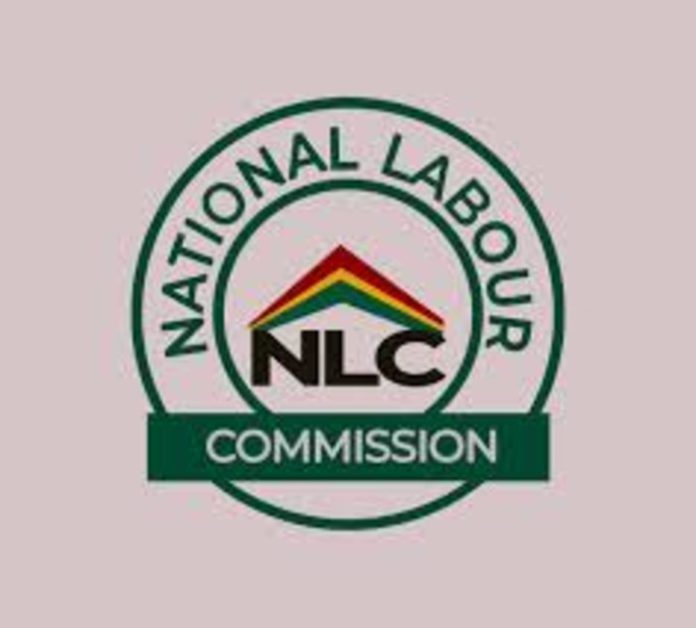The vetting of small-scale mining companies has seen 339 of them “partially endorsed” by the Inter-Ministerial Committee on Illegal Mining (IMCIM), representing 36 percent of vetted firms.
This is out of 931 concession documents that were submitted by various firms.
Of the documents submitted, 848 of the small-scale mining firms were assessed when vetting began on Monday, November 26.
It’s likely that these companies will benefit immediately from the lifting of the ban on small-scale mining on Monday, December 17,
“Having successfully implemented the strategies outlined in the road-map, the ban on small-scale mining is being lifted on Monday 17th December 2018 for miners who have gone through vetting successfully within the regularized and reformed framework,” the Chairman of the inter-ministerial committee on illegal mining, Prof. Kwabena Frimpong Boateng said on Friday.
The vetting process was part of government’s efforts to ensure that the small-scale mining sector is sanitized amid the problem of illegal mining activities.
The vetting process was held within a two-week period from Monday, November 26, 2018, to December 7, 2018.
The government in June 2017 imposed a six-month ban on small-scale mining as part of efforts to end illegal mining and its related activities, which adversely affected the environment, particularly water bodies and forest reserves.
Aside from the miners approved, 499 are pending endorsement.
To qualify for full endorsement, the small-scale mining company must among other things, acquire insurance policies for workers; have water use permits, register workers for social security payments; ensure the use of Personal Protection Equipment and not use foreigners as workers.
Nationwide, only 165 companies, groups and enterprises fully satisfied the required conditions.
Some 184 companies “had problems with the TIN [Tax Identification Number], four had issues with Mineral rights agreements (licenses), 420 had issues with an Environmental Protection Agency (EPA) permit, and 665 had problems with their operating permits.
The vetting committee noted that some companies had forged EPA documents, were mining without appropriate permits, and there were impersonation attempts and inconsistencies on licenses.
Some companies had also used minors to obtain mineral licenses in the quest to have more concessions, lacked EPA and Operating Permits, and also had incomplete mineral agreements.
A summary of the committee’s observations can be viewed here.
source: citinewsroom
















